Quick answer: The average cost to move a 2,000 sq ft home ranges from $1,500 to $5,000 for a local move, and between $4,000 to $10,000+ for a long-distance move, depending on factors like distance, services required, and time of year.
Your exact cost will vary depending on whether you're moving locally or cross-country, and whether you're hiring full-service movers or doing it yourself.
Overview
They say, A house is made of bricks and beams, but a home is made of hopes and dreams.
And when it comes to relocating a 2,000-square-foot home, you're not just transporting belongings; you're moving your life, memories, and future plans.
Naturally, this raises big questions:
How much does it actually cost?
What factors affect the final price?
And most importantly, how can you plan and budget to avoid unwanted surprises?
The cost to move a 2,000 sq ft house can vary widely. For example, a local move typically ranges from $1,500 to $1,800, while a long-distance relocation could easily cost between $5,000 and $14,000
These averages help set realistic expectations, but your actual cost will depend on your unique circumstances.
Whether you're wondering about labor costs, packing supplies, or how to manage specialty services, having a clear 2000 sq ft move price breakdown will make your experience smoother and far less stressful.
In this guide, we’ll discuss the cost behind a move like this and cover everything from how much it costs to move a 2k sq ft house locally to what it takes to move a 2000 sq ft house long distance.
How Much Does It Cost to Relocate a 2000 Sq Ft House?
Before we get into the details, it's important to decide whether you're planning a local move or a long-distance one.
This choice will significantly affect the cost.
A local move typically costs between $1,000 and $2,500, depending on the company, location, and specific services chosen.
If you're moving long distance, the cost can range between $4,000 and $7,500, or even more, depending on the distance, size of the move, and any additional services you request.
Here’s a breakdown of what you’re likely to pay for a 2,000 sq ft home:
Local Moves
Hourly Rates: Local movers usually charge $80–$150 per hour, depending on your location and the company. For a 2,000 sq ft house, most local moves take around 6–10 hours.
Packing Services: Need help packing? That’ll cost you an extra $200–$500.
Total Cost for Local Move: On average, a local move costs between $1,000 and $2,500.
Long-Distance Moves
Flat Rate/Weight-Based Pricing: These moves are usually based on weight or distance. Expect to pay around $4,000 to $7,500, depending on the distance and the number of items being moved.
Packing Services: For long-distance moves, packing help ranges from $200 to $1,000+, depending on how hands-off you want to be.
Additional Costs: Watch for extras like fuel charges, tolls, or insurance. These can add another $100–$500 to your final bill.
Total Cost for Long-Distance Move: Moving a 2,000 sq ft house long distance can cost anywhere from $4,000 to $7,500+.

Planning a move? Understanding the costs is crucial, whether it's local or long-distance. Get a detailed moving quotation based on your needs!
Additional Cost Considerations
Keep an eye on these additional costs to avoid surprises. Always get a full quote to know exactly what to expect on a moving day!
| Category | Details |
|---|---|
| Labor Costs |
|
| Packing Materials |
|
| Transportation Costs | Long-Distance Rate: $0.50–$1.00 per pound of belongings |
| Add-On Services |
|
Key Factors That Affect the Cost to Move a 2,000 Sq Ft Home
Distance of the Move: Local moves (under 50 miles) usually cost you around $1,500–$5,000. And if you are going long-distance, you’re looking at $4,000+, depending on how far you’re headed.
Amount & Weight of Belongings: More stuff = more money. A 2,000 sq ft home typically holds 7,000–10,000 lbs of items, which seriously impacts the cost.
Moving Services: Full-service means packing, loading, transporting, and unpacking—but it comes at a premium. If you want to save money, you can go partial or do a DIY.

Want to avoid unexpected costs during your move? Check out these common moving mistakes to avoid and save money!
Timing: Moving in the peak season (May–September)? Prices go up. Off-season (October–April) means more availability and better rates.
Specialty Items: Oversized or fragile items like pianos or antiques need extra care, which can cost $100–$500+ per item.
Add-Ons: Think storage, packing supplies, or insurance. These extras can add up quickly, so be sure to factor them in.

Want to avoid unexpected costs during your move? Check out these common moving mistakes to avoid and save money!
Cost-Saving Tips to Reduce Your Moving Expenses
Moving a 2,000 sq ft home can be expensive, but with smart planning and a few strategic choices, you can significantly cut costs without sacrificing quality or convenience.
Here are proven ways to save money during your move:
Move During Off-Peak Times
Avoid weekends, holidays, and summer months when demand spikes. According to Agony’s 2025 Moving Guide, moving mid-week or during the off-season can save you 20–30% on moving costs.
Source Free or Low-Cost Packing Supplies
Instead of buying brand-new boxes and bubble wrap, check local grocery stores, bookstores, or liquor shops for free boxes. Use towels, linens, and old clothes to cushion fragile items.
Declutter Before You Pack
The less you move, the less you pay. Host a garage sale or sell items online via Facebook Marketplace or Craigslist. According to WeMove.ai, some movers offset 30–50% of their expenses by selling unused furniture and electronics before the move.
Compare Multiple Moving Quotes
Always get at least three estimates. Use platforms like HireAHelper or Agoyu to compare prices and services. Go for a flat-rate quote to avoid surprise fees.
Check for Tax Deductions and Employer Benefits
If you're relocating for work, ask your employer about reimbursement options. Some moving expenses may still be tax-deductible— consult a tax professional or review IRS Form 3903 for eligibility.
Plan for Hidden Costs
Don’t forget utility setup fees, fuel surcharges, and temporary storage. In 2025, diesel prices average $4.15 per gallon, and mover hourly rates have climbed to $65–$75.

The less you move, the lower the cost will be. Learn how to declutter before a move and make packing easier!
DIY vs. Hiring Movers – Which is the Best Option to Move a 2,000 Sq Ft House
When planning a move for a 2,000 sq ft home, one of the biggest decisions is whether to go the DIY route or hire professional movers.
Each option has its own cost implications, convenience factors, and stress levels, and the best choice depends on your budget, timeline, and tolerance for heavy lifting.
Cost Comparison: DIY vs. Professional Movers
| Option | Estimated Cost (Local Move) | Estimated Cost (Long-Distance Move) | Key Inclusions |
|---|---|---|---|
| DIY Move | $800 – $1,500 | $2,000 – $4,000 | Truck rental, fuel, packing supplies, equipment |
| Hiring Movers | $1,500 – $3,000 | $4,500 – $8,000 | Labor, truck, packing/unpacking, insurance |
A DIY move typically involves renting a truck from providers like U-Haul or Penske, where rates range from $40 to $100 per day, plus additional mileage and fuel charges.
On the other hand, professional movers can charge $25 to $100 per hour per mover for local services, and long-distance pricing is based on both weight and mileage.
Pros and Cons
DIY Move
| Pros | Cons |
|---|---|
| Lower upfront cost | Physically demanding and time-consuming |
| Total control over timing and packing | Greater risk of damage or injury |
| Ideal for short-distance relocations | Logistical complexity and rental restrictions |
Hiring Movers
| Pros | Cons |
|---|---|
| Saves significant time and energy | More expensive overall |
| Professional handling reduces risk | Limited flexibility in schedule |
| Includes insurance and liability coverage | Must research movers to avoid scams |
Real-World Stats and Insights
According to a 2025 survey by StorageCafe, 80% of self-movers reported higher stress levels, and many underestimated total costs by over $500.
Additionally, 21% of Americans went into debt to cover moving-related expenses — a sign that budgeting for hidden fees is critical.
Data fromZillow shows that 37.5% of movers rented a truck, while 22.7% opted for full-service moving companies, indicating a fairly even split in preferences depending on financial flexibility and urgency.

Hybrid Option
Hiring labor-only movers while renting your own truck can cut costs by 30–40%, according to HireAHelperThis strategy gives you hands-on control without the physical strain of loading and unloading.
How to Choose the Best Movers to Move a 2,000 Sq Ft House
When planning to move your 2,000 sq ft home, it is essential to hire the best moving company to ensure a smooth and stress-free move.
Here are key things to consider when hiring a moving company:
Reputation
A moving company’s reputation can give you a solid idea of the service you’ll receive. Read online reviews and check ratings on trusted sites like My Good Movers. Pay attention to how the company handles both positive and negative feedback.
Licensing and Credentials
Make sure the movers you hire are properly licensed to operate. For interstate moves, they should be registered with the Department of Transportation (DOT) and have a valid DOT number. For local moves, check your state’s licensing authority.
Insurance Protection
Accidents can happen, and protecting your belongings is essential. Ensure that your moving company offers adequate insurance coverage. Ask about additional insurance options to give you extra peace of mind.
Experience and Specialization
Find out how long the moving company has been in business and whether it specializes in moving a 2,000-square-foot home.
Transparent Pricing
A reliable moving company will provide a clear, upfront estimate, so you won’t be surprised by hidden fees. Ask for a written quote and make sure you understand how the pricing works.



















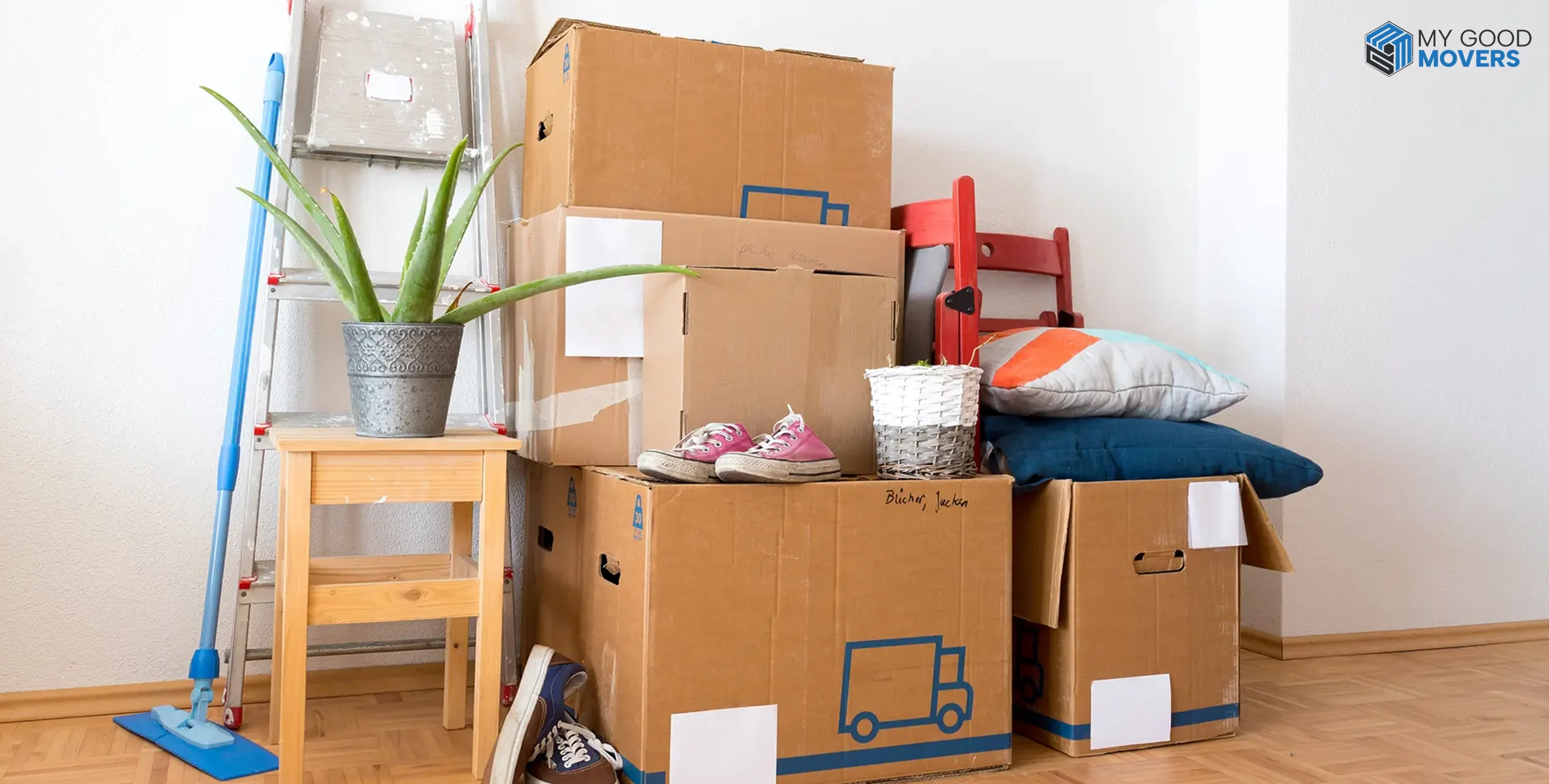









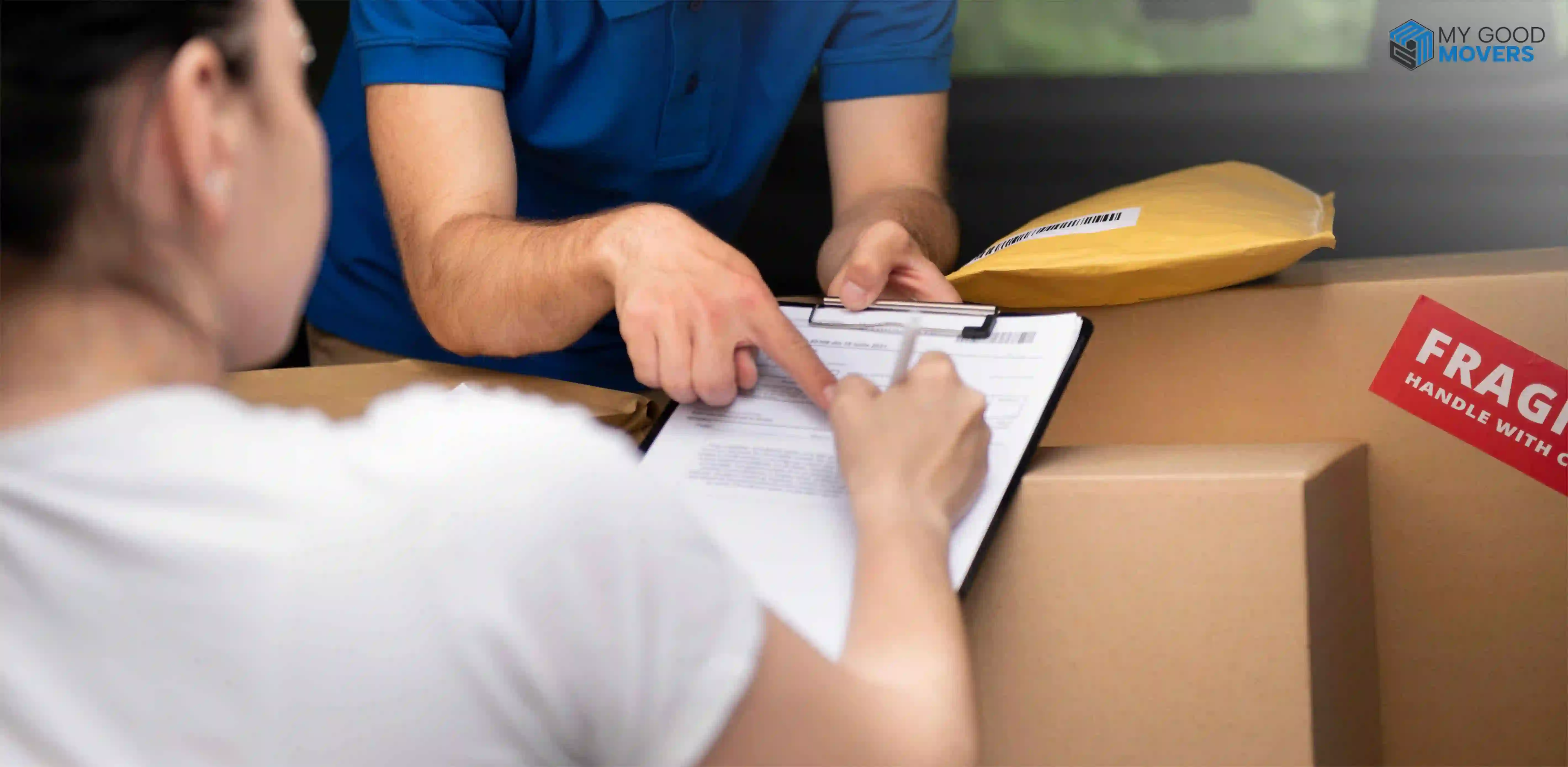






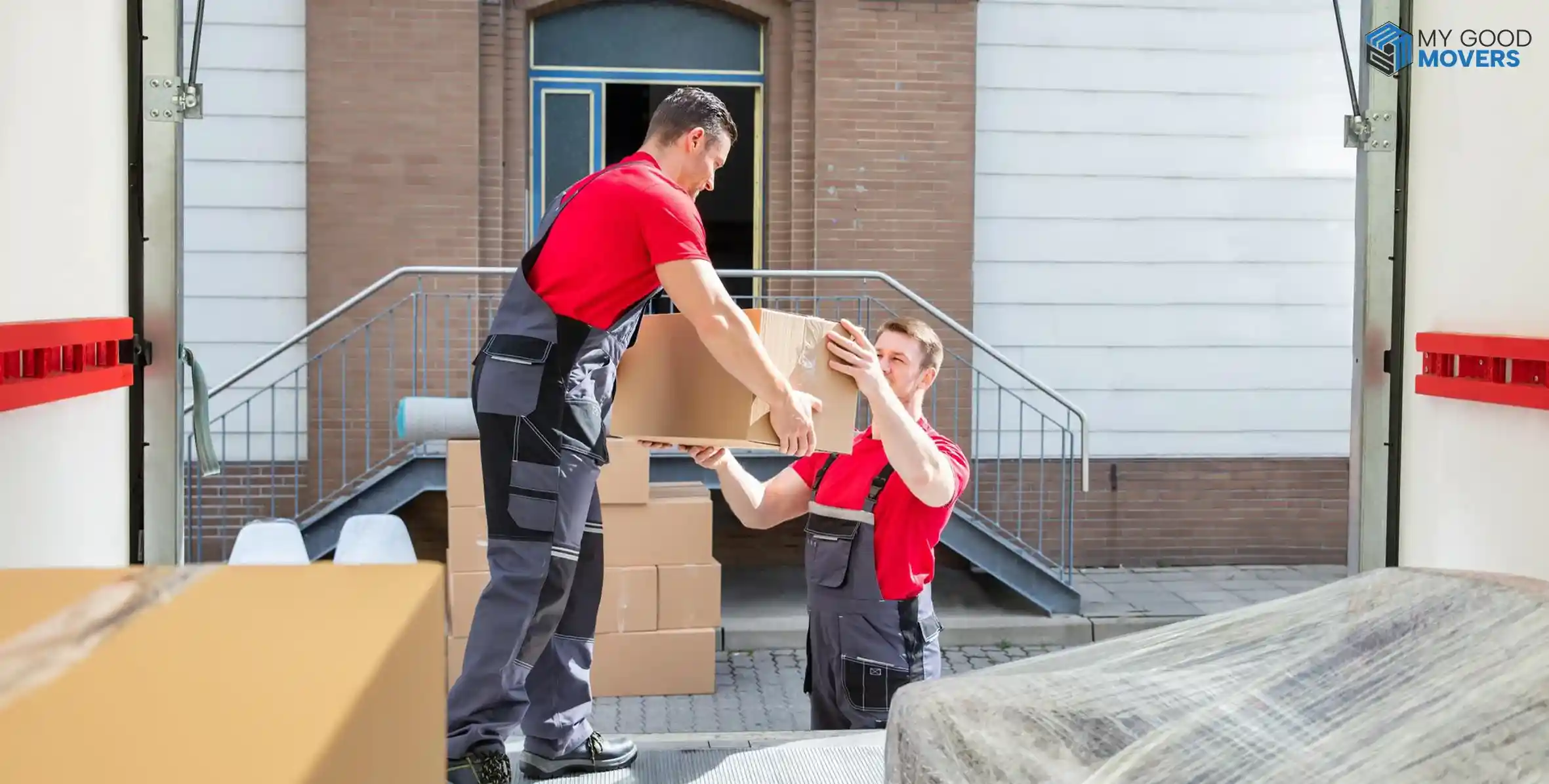


















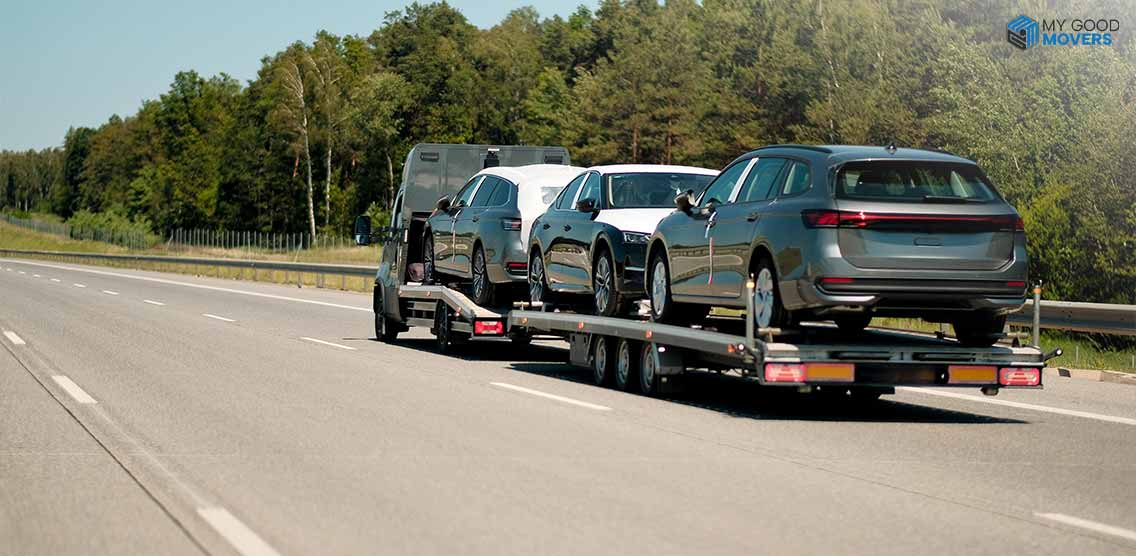
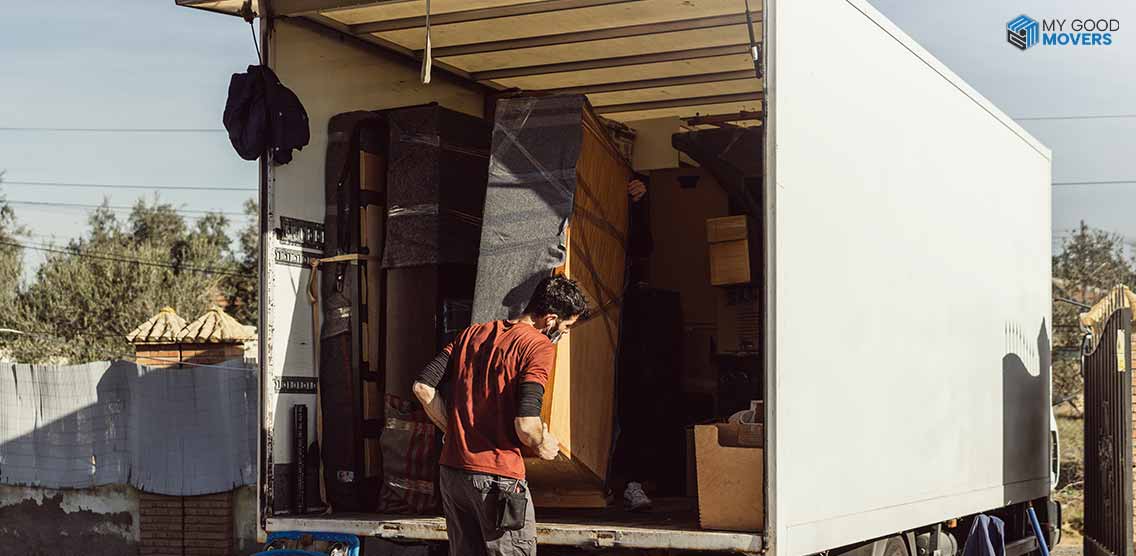
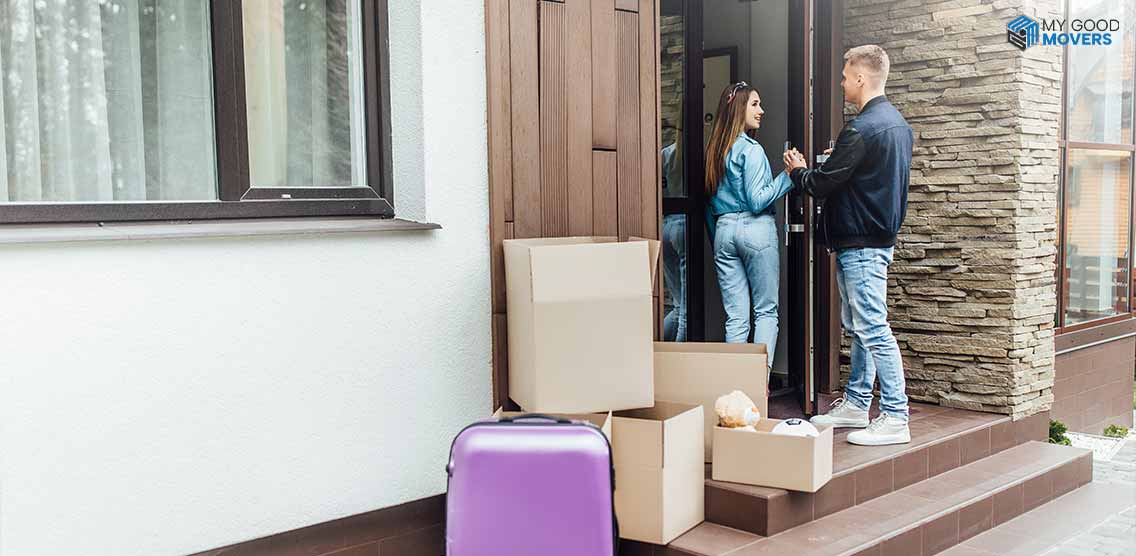






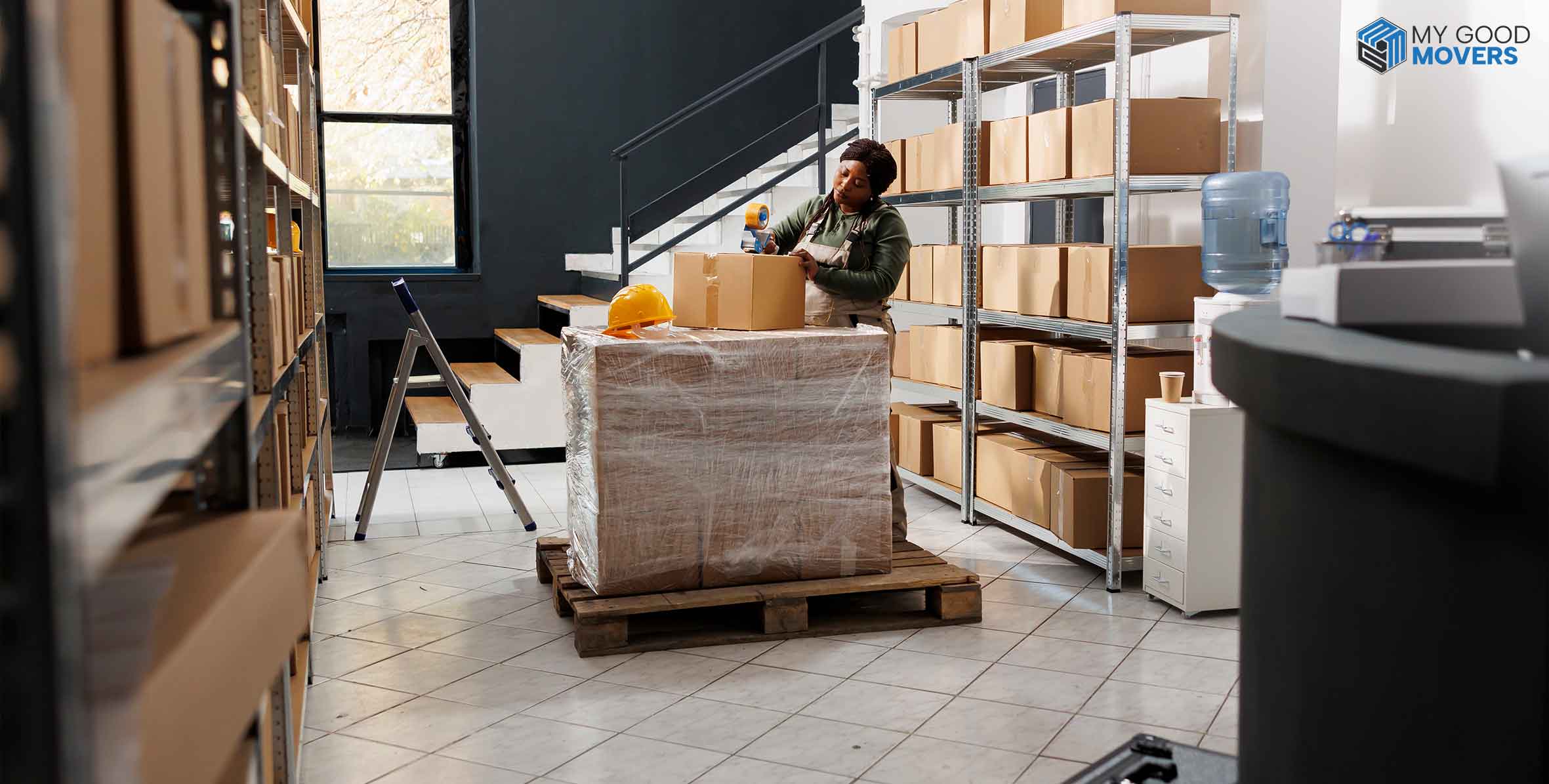

















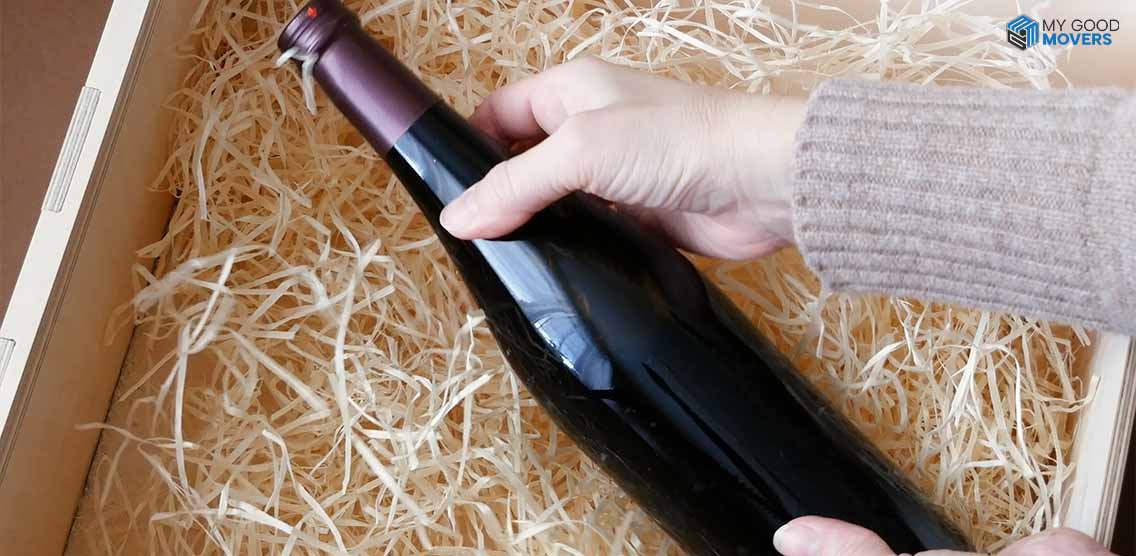

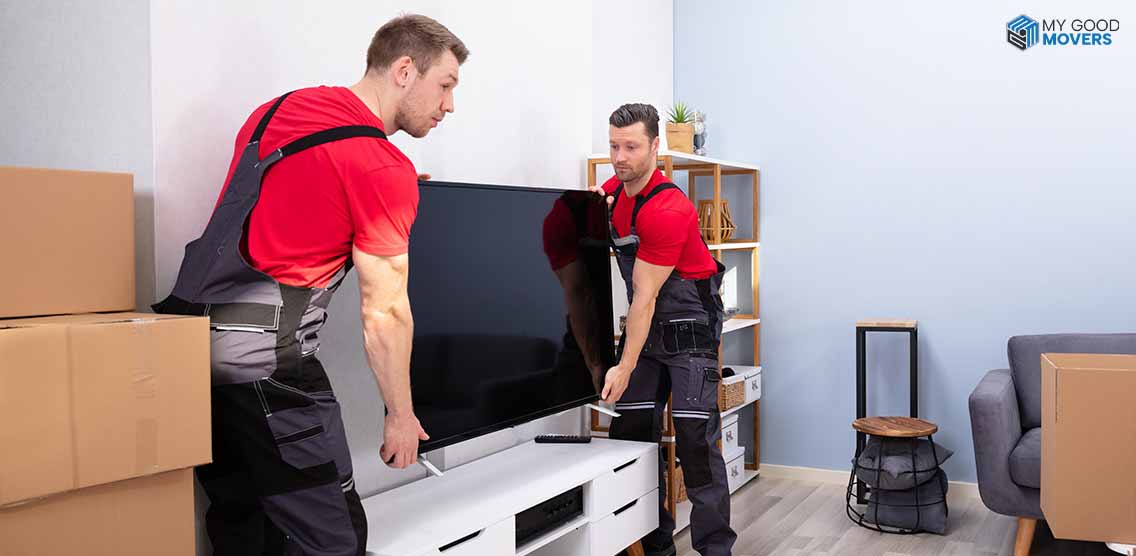











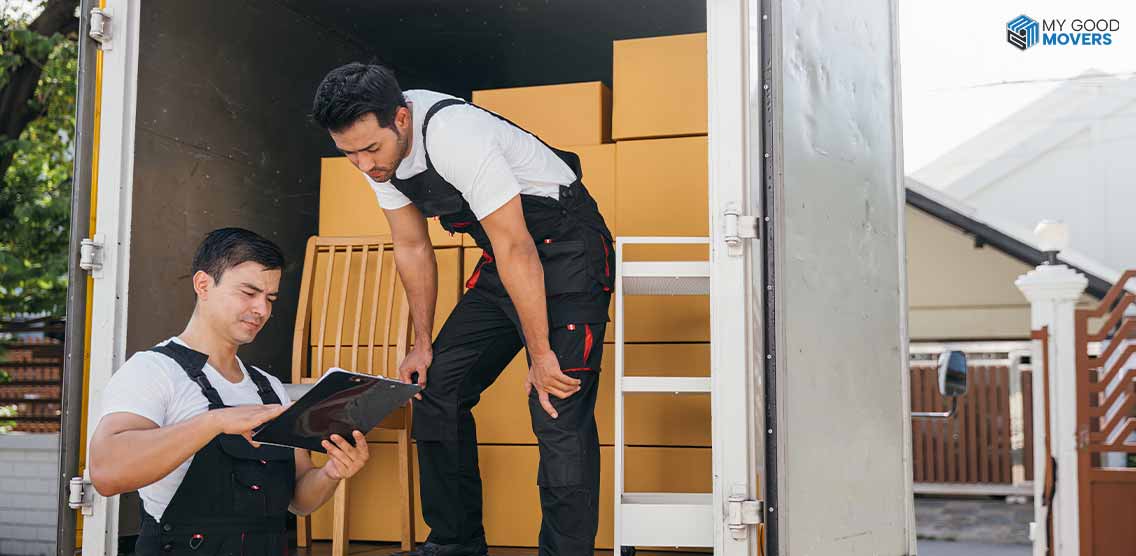

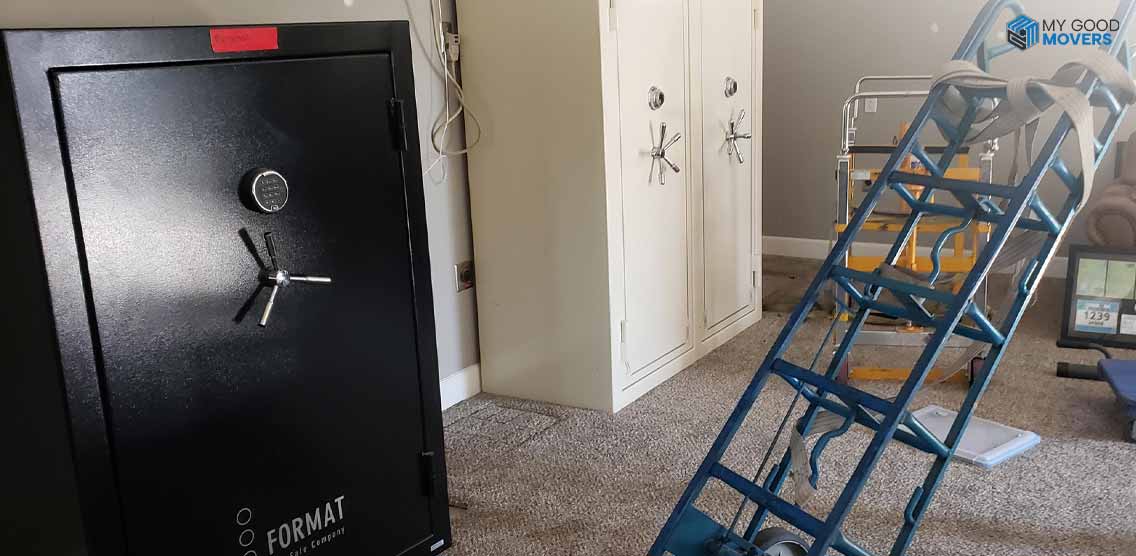









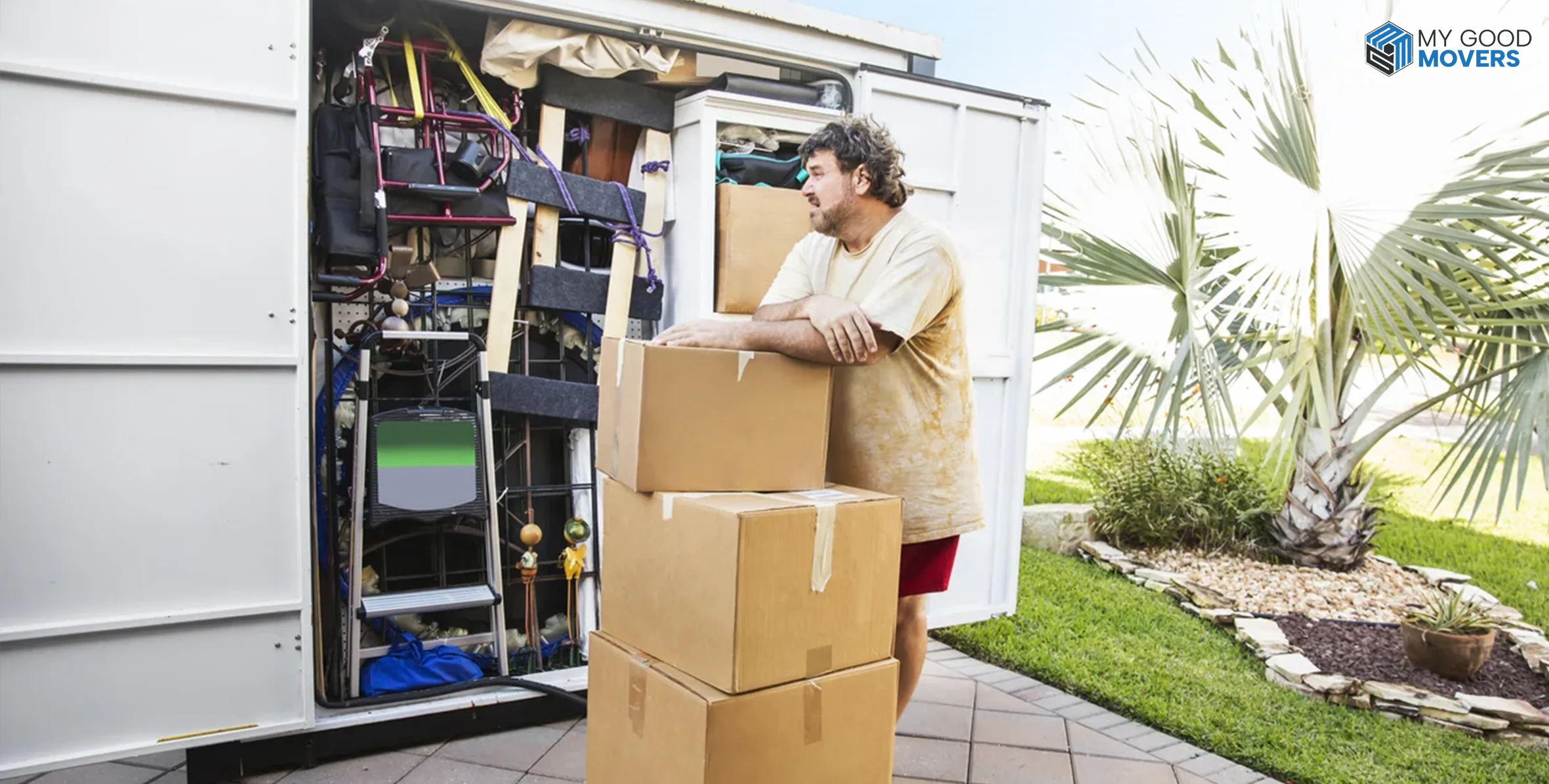
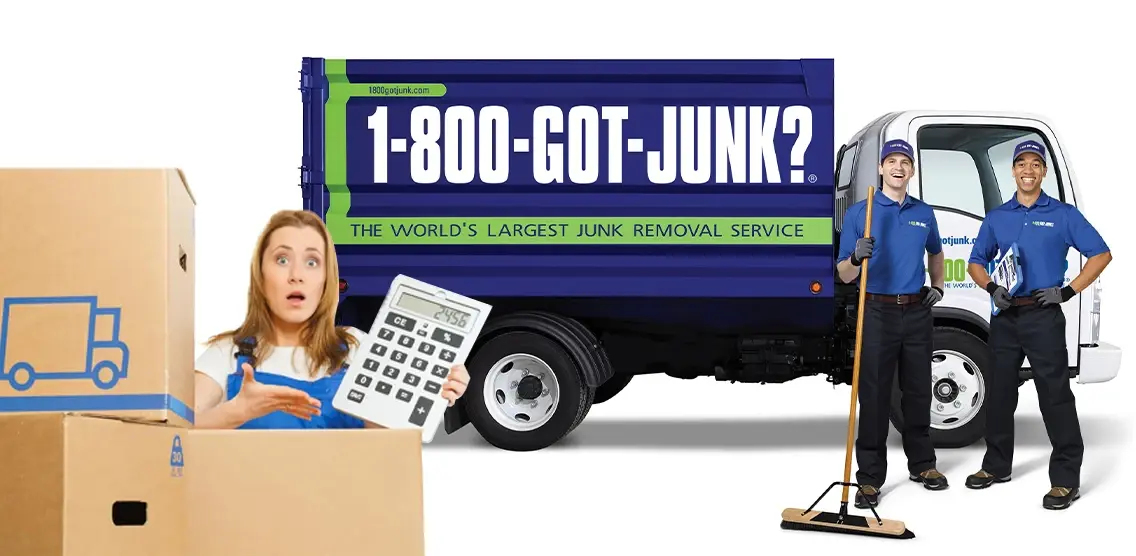
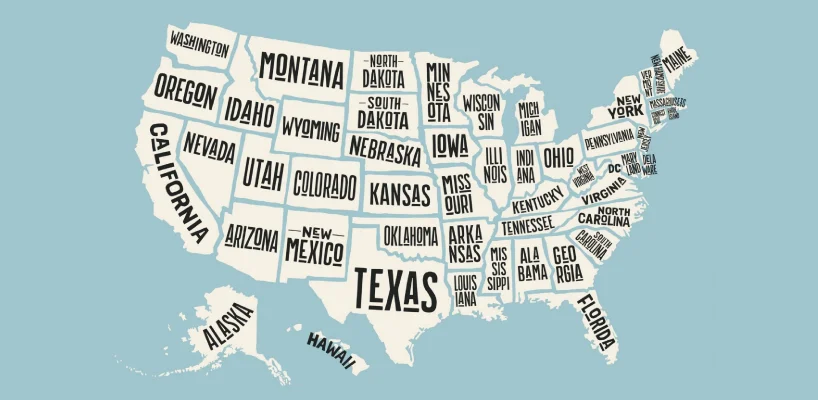






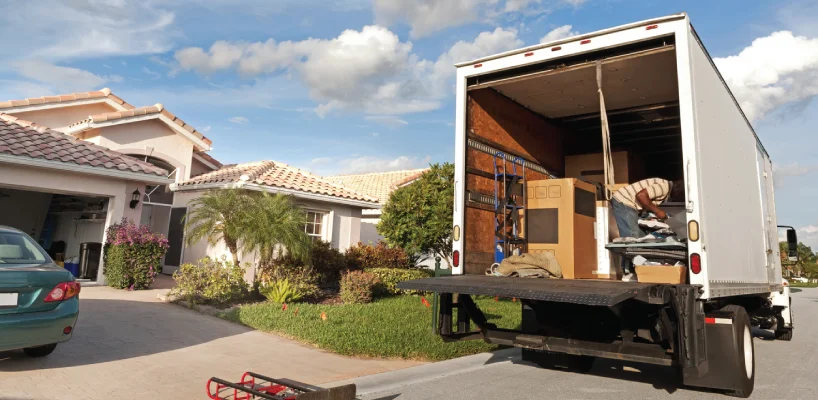




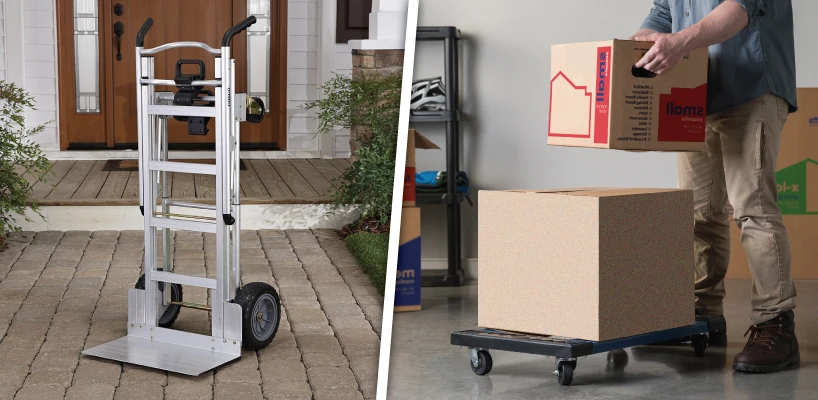
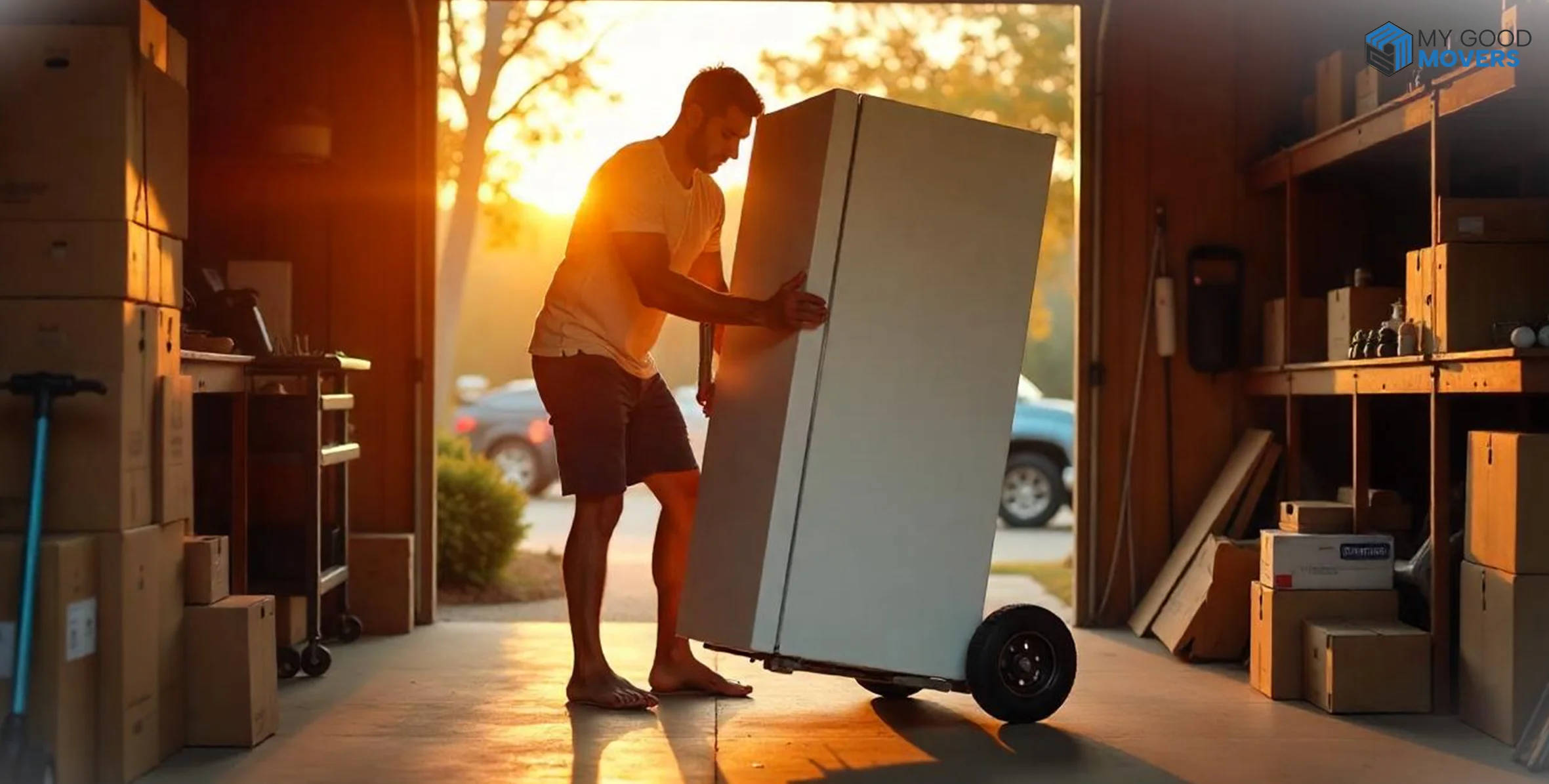
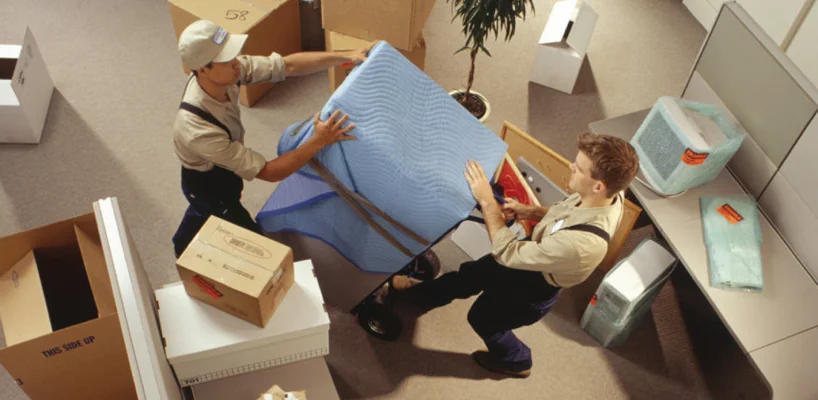


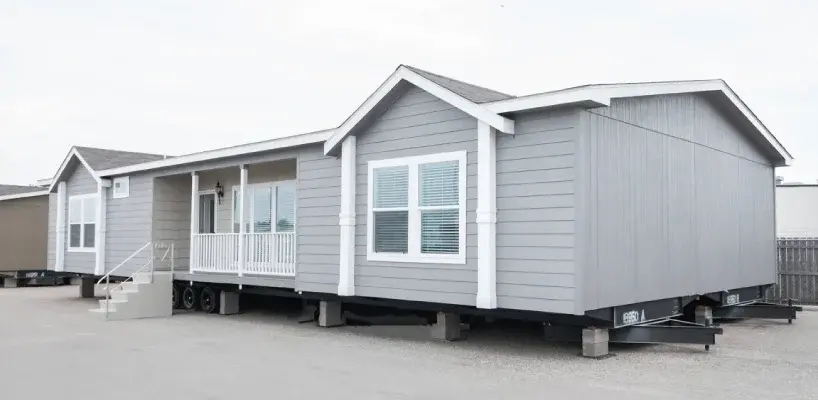


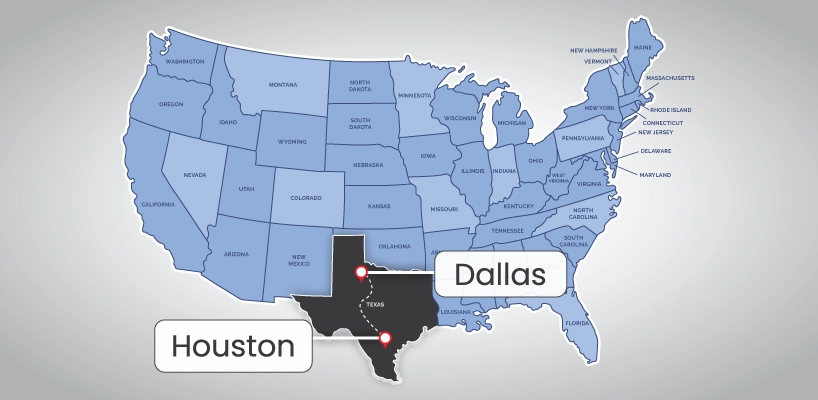


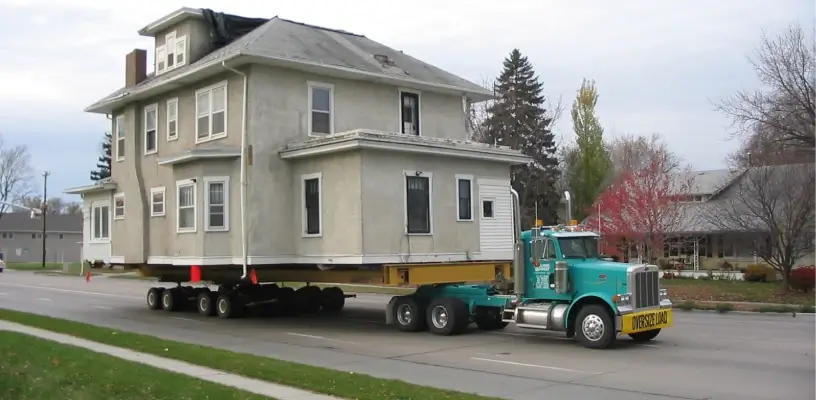







 (239) 799–6077
(239) 799–6077